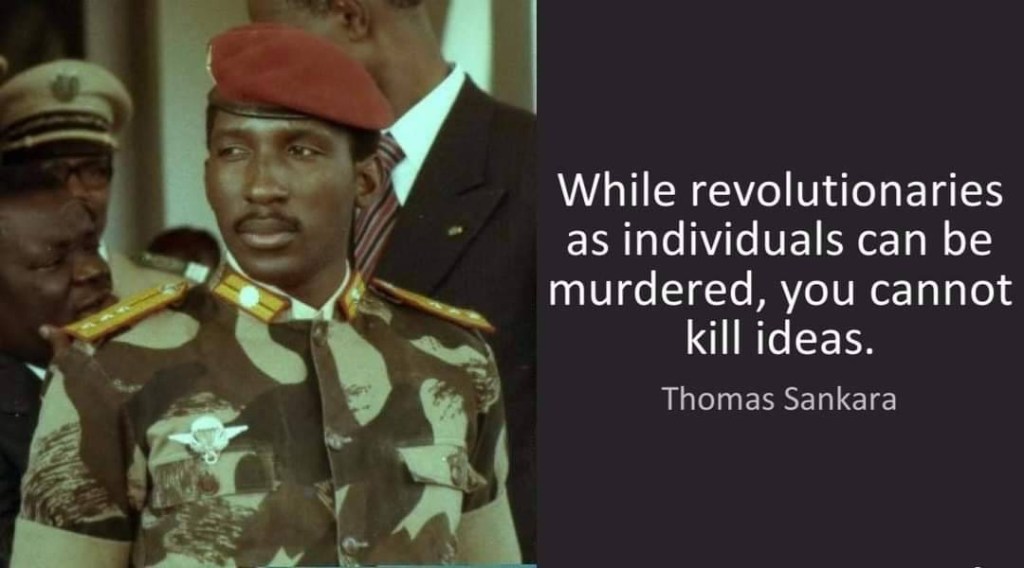On the 10th of April 2022, the former president of Niger, Mohamed Bazoum posted on Twitter, that “about 30 senior state officials are guilty of embezzlement or misappropriation of public funds. One of them is Niger’s communications minister who had been detained in a high-profile embezzlement case dating from when he ran a state corporation that manages Niger’s mining sector. The 2 social activists that raised the corruption alarm, Abdoulaye Seydou and Adamou Idrissa, were later arrested and transferred to the high security prison according to their coalition.
Meanwhile, French Energy giant Orano announced that it was shutting down its second largest mine in Niger after 50 years of exploitation. Their reason was the uranium deposits at the sites have been depleted.
So in Niger, you have a country with its natural resources being depleted while senior officials in government are notorious and robbing the country. But there is more. According to a publication by Reuters, An audit by the Nigerien Budgetary Transparency Agency, reported a lack of documents to back several government spending and justify the cost of infrastructure projects. The report also noted fake public tenders, and the “granting of undue advantages to certain companies. However the former president Mohamed Bazoum maintained a clean posture that endeared him to the US and ECOWAS leaders.
The former president may not be the problem, but clearly his government was riddled with corruption.
In the morning July 26 2023, the Niger presidential palace and adjacent ministries were blocked off by military vehicles and palace staff were prevented from accessing their offices. The President Mohammed Bazoum had just been removed from office. Some civilian supporters of Bazoum tried to approach the palace, but were dispersed by the Presidential Guard with gunfire, leaving one injured. Elsewhere in Niamey, the situation was described as calm.
Later In the evening, Air Force Colonel-Major Amadou Abdramane went on state television to confirm that Bazoum had been removed from power and announced the formation of a National Council for the Safeguard of the Homeland.
He also announced the suspension of all activities by political parties in the country until further notice.
Alarmed by the recurrence of military coup in the region, ECOWAS leaders swiftly responded and gave Niger’s coup leaders a one-week deadline to hand power back to Bazoum or face international sanctions and the region’s military intervention. However the defence minister of Neighbouring Nigeria, maintained the need for diplomacy. Present at the meeting to echo the fears of ECOWAS leaders that are grappling with similar corruption in their governments was Ghana defence minister.
Niger Military Coup | What They Are Not Telling You via Africa Views
Related:
Read More »


You must be logged in to post a comment.